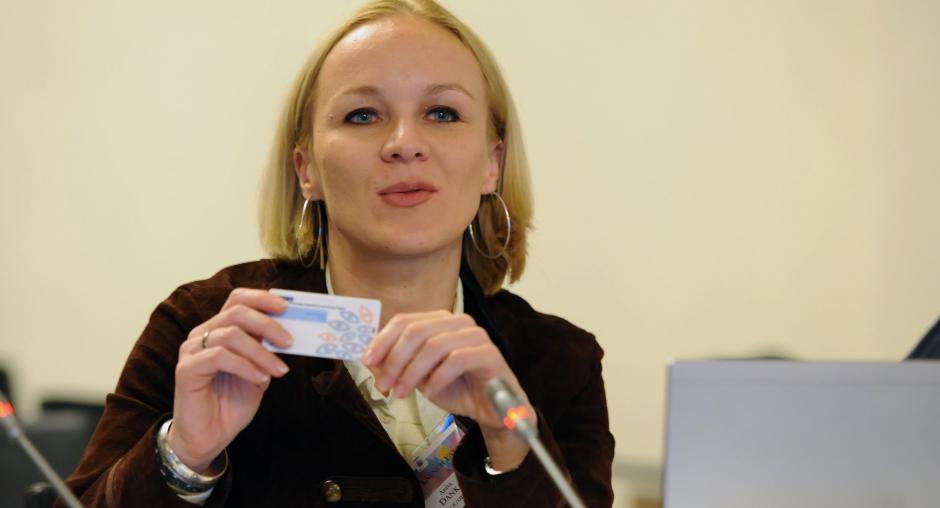OSCE/ODIHR report calls for strengthening mechanisms, procedures to ensure freedom of peaceful assembly

OSCE participating States should protect and facilitate peaceful assemblies, therefore they are responsible to put in place mechanisms and procedures that ensure that this freedom is enjoyed in practice and is not subject to undue restrictions, says a report released by the OSCE Office for Democratic Institutions and Human Rights (ODIHR) in Vienna on 16 December 2016.
The report is the result of ODIHR’s observation of 24 assemblies in seven OSCE participating States between April 2015 and July 2016. The monitoring took place in Austria, Cyprus, Germany, Ireland, Latvia, Poland and Sweden and was facilitated by respective authorities. It enabled ODIHR to identify challenges and good practices in facilitating public assemblies and to provide recommendations on how international human rights standards and OSCE commitments on freedom of peaceful assembly can be better implemented in the entire OSCE region.
“Assemblies are vital to voice public concerns and specific issues relevant to certain, often marginalized groups in the OSCE area,” said Omer Fisher, the acting Head of ODIHR’s Human Rights Department. “ODIHR observers reported that these activities were mostly facilitated but some undue restrictions were also identified as a result of regulations or practices that are not compliant with intrenationally accepted good policing practices.”
In line with its mandate, ODIHR works with participating States to address the identified shortcomings and provides a forum for exchange of experiences and good practices in facilitating peaceful assemblies accross the OSCE space.
The presentation of the report was preceded by an ODIHR assembly monitoring roundtable involving 34 representatives of civil society organizations and OSCE field offices with experience in assembly monitoring in 18 OSCE participating States.
“Assembly monitors can provide independent information on the activities of both participants and law enforcement officials and their work is therefore vital to achieve public accountability and effective dialogue between state authorities, police and civil society,” said Anita Danka, ODIHR’s Human Rights Adviser. “Participating States should expressly recognize and actively facilitate independent monitoring and reporting on assemblies by international and local observers or national human rights institutions.”
